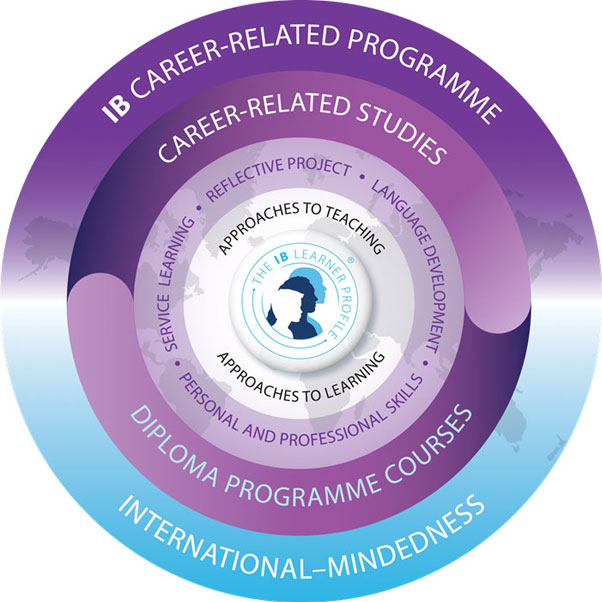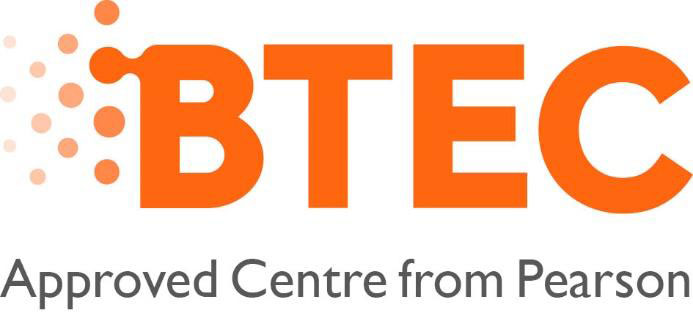The International Baccalaureate® (IB) Career-related Programme (CP) is a framework of international education that incorporates the vision and educational principles of the IB into a unique programme specifically developed for students who wish to engage in career-related learning.
The CP’s flexible educational framework allows schools to meet the needs, backgrounds and contexts of students. CP students engage with a rigorous study programme that genuinely interests them while gaining transferable and lifelong skills. The CP provides a comprehensive educational framework that combines highly regarded and internationally recognized courses, from the IB Diploma Programme (DP), with a unique CP core and an approved career-related study.
The CP helps students to prepare for effective participation in life, fostering attitudes and habits of mind that allow them to become lifelong learners and to get involved in learning that develops their capacity and will to make a positive difference. The programme aids schools’ retention of students, promotes development of skills, and encourages students to take responsibility for their own actions, encouraging high levels of self-esteem through meaningful achievements.
The CP builds on prior learning in the IB Middle Years Programme (MYP) and incorporates elements of the IB Diploma Programme, which provides the theoretical underpinning and academic rigour of the CP.
The IBCP Curriculum Model for Grades 11 – 12
The diagram below represents the IB Career-related Programme curriculum model. The IBCP framework allows students to specialise in, and focus on, a career-related pathway. The programme’s three-part framework comprises the study of at least two Diploma Programme courses alongside career-related studies (BTEC) and the distinctive IBCP core which is designed to create a bridge that connects each student’s chosen Diploma Programme courses and career-related studies.

The Pearson BTEC National Diploma in Business is a qualification for students wanting to continue their education through applied learning, who aim to progress to higher education and ultimately to employment, probably in the business sector. The content of this qualification has been developed in consultation with academics to ensure that it supports progression to higher education. In addition, employers and professional bodies have been involved and consulted in order to confirm that the content is also appropriate for and consistent with current practice.
Everyone will study four mandatory units, covering the following content areas:
- The Business Environment
- Business Resources
- Introduction to Marketing
- Business Communication
Optional units have been designed to support progression to the range of sector-related courses in Higher Education and to link with relevant occupational areas. They cover content areas such as human resources, accounting, management, retail and marketing.
In addition, the qualification includes work experience unit which enables all students to benefit from practical experience of the sector.
The assessment approach of the BTEC qualifications in Business allows learners to receive feedback on their progress throughout the course as they provide evidence towards the assessment and grading criteria and is continually assessed rather than assessed in final examinations Evidence for assessment may be generated through a range of diverse activities including assignment and project work, case studies, workplace assessment, role play and oral presentation. Delivery strategies will reflect the nature of work within the business sector by encouraging learners to research and carry out assessment in the workplace or in simulated working conditions wherever possible.

In addition to career-related study in Business and other IB courses the Programme features core requirements that are included to broaden the educational experience and challenge students to apply their knowledge and understanding, research and communication skills.
The core programme consists of courses in Personal and Professional skills (PPS) and Language Development as well as a Reflective Project (RP) and Service Learning (SL)
Personal and Professional Skills (PPS)
The Personal and Professional skills course introduces students to transferable life skills – to help students make sense of the world around them. The course emphasises critical and ethical thinking, intercultural understanding and the ability to communicate effectively.
Language Development (LD)
Language Development ensures that all CP students have access and are exposed to a second language that will increase their understanding of the wider world. Students are required to begin or extend the study of an additional language that suits their needs, background and context and show evidence of language development through a portfolio of evidence.
The Reflective Project (RP)
Through a Reflective Project students to identify, analyse, critically discuss and evaluate an ethical issue arising from their career-related studies. The project can be submitted in different formats including an essay, web page or short film. This work encourages the student to engage in personal inquiry, action and reflection, and to develop strong research and communication skills.
RWA Reflective Project Handbook 2021 - 2023
Service Learning (SL)
Service Learning in the CP core uses service as a vehicle for new learning with academic value. The service learning model in the CP emphasises knowledge development, civic development, social development and personal development.
| IBCP and BTEC Result Statistics 2021 | |
|---|---|
| Number of candidates registered for the IBCP certificate session: | 10 |
| Number of candidates who successfully passed the IBCP certificate: | 10/10 (100%) |
| Number of students registered for the BTEC Diploma in Business in 2021 | 12 |
| Number of students who achieved D*D* in BTEC Diploma in Business in 2021 | 5/12 (41.6%) |
| BTEC Result Statistics 2020 | |
| Number of students registered for the BTEC Extended Diploma in Business in 2020 | 8 |
| Number of students who achieved D*D*D* in BTEC Extended Diploma in Business in 2020 | 5/8 (62.5%) |
| Number of students who achieved D*D*D in BTEC Extended Diploma in Business in 2020 | 12.5% |
| BTEC Result Statistics 2019 | |
| Number of students registered for the BTEC Extended Diploma in Business in 2019 | 8 |
| Number of students who achieved D*D*D* in BTEC Extended Diploma in Business in 2019 | 37.5% |
| Number of students who achieved D*D*D in BTEC Extended Diploma in Business in 2019 | 50% |
| Number of students who achieved D*DD in BTEC Extended Diploma in Business in 2019 | 12.5% |
| Block 1 | Block 2 | Block 3 |
|---|---|---|
English A: Language and Literature HL/SL English B HL/SLSSST Lang A/B SL | Arabic B HL/SLFrench B HL/SLFrench ab initio SL Spanish ab initio SLSSST Lang A/B SL | Business and Management HL/SLEconomics HL/SLGeography HL/SLGlobal Politics HL/SLHistory HL/SLPsychology HL/SLBTEC Extended |
| Block 2 | Block 3 | Block 6 |
|---|---|---|
Arabic B HL/SL English B HL/SLFrench ab initio SL Spanish B HL/SL Spanish ab initio SLSelf-taught Lang A SL | Business and Management HL/SLEconomics HL/SLGeography HL/SLPsychology HL/SL | Biology HL/SLBusiness and Management HL/SLGlobal Politics HL/SLPhysics HL/SLPsychology HL/SLTheatre Arts HL/SLVisual Arts HL/SL |
- IBCP Assessment Policy
- Academic Honesty Policy
- IBCP Handbook
- 2021-2023 IBCP Handbook
- 2022-2024 IBCP and BTEC Handbook




